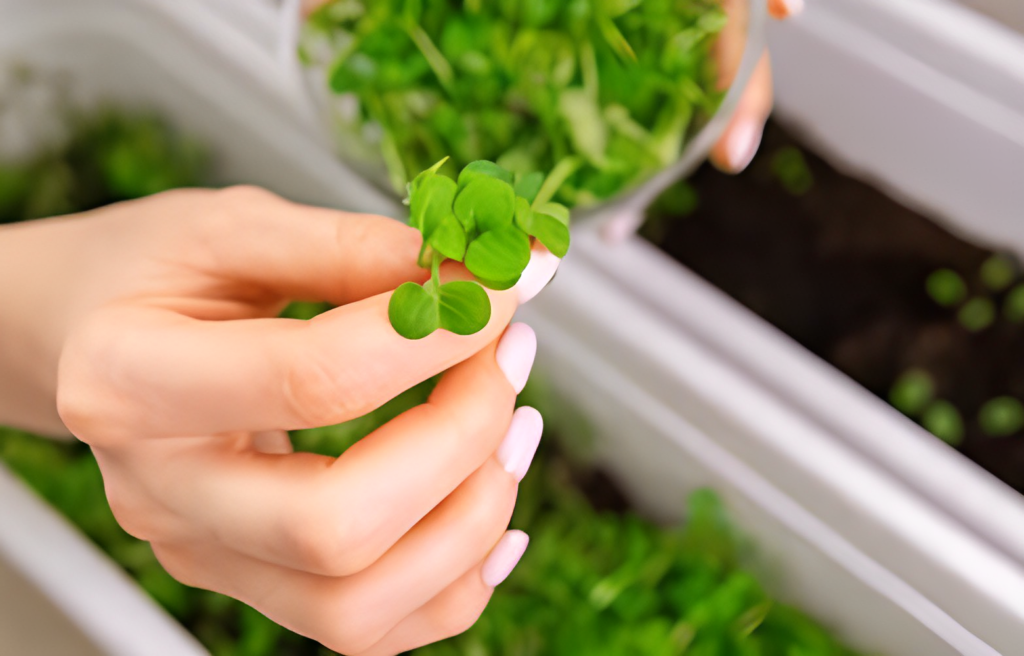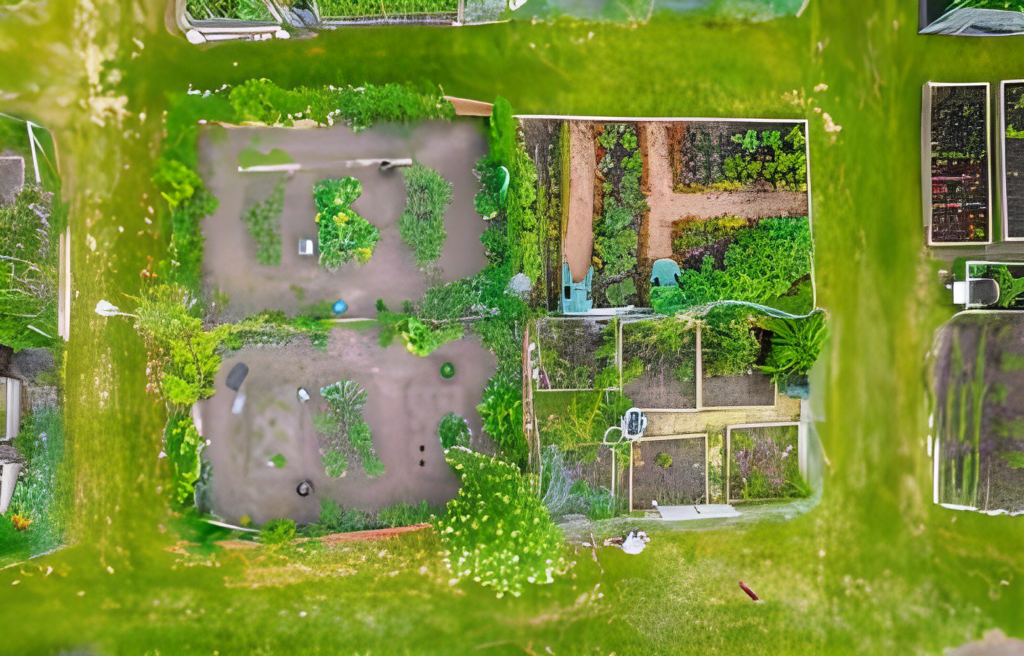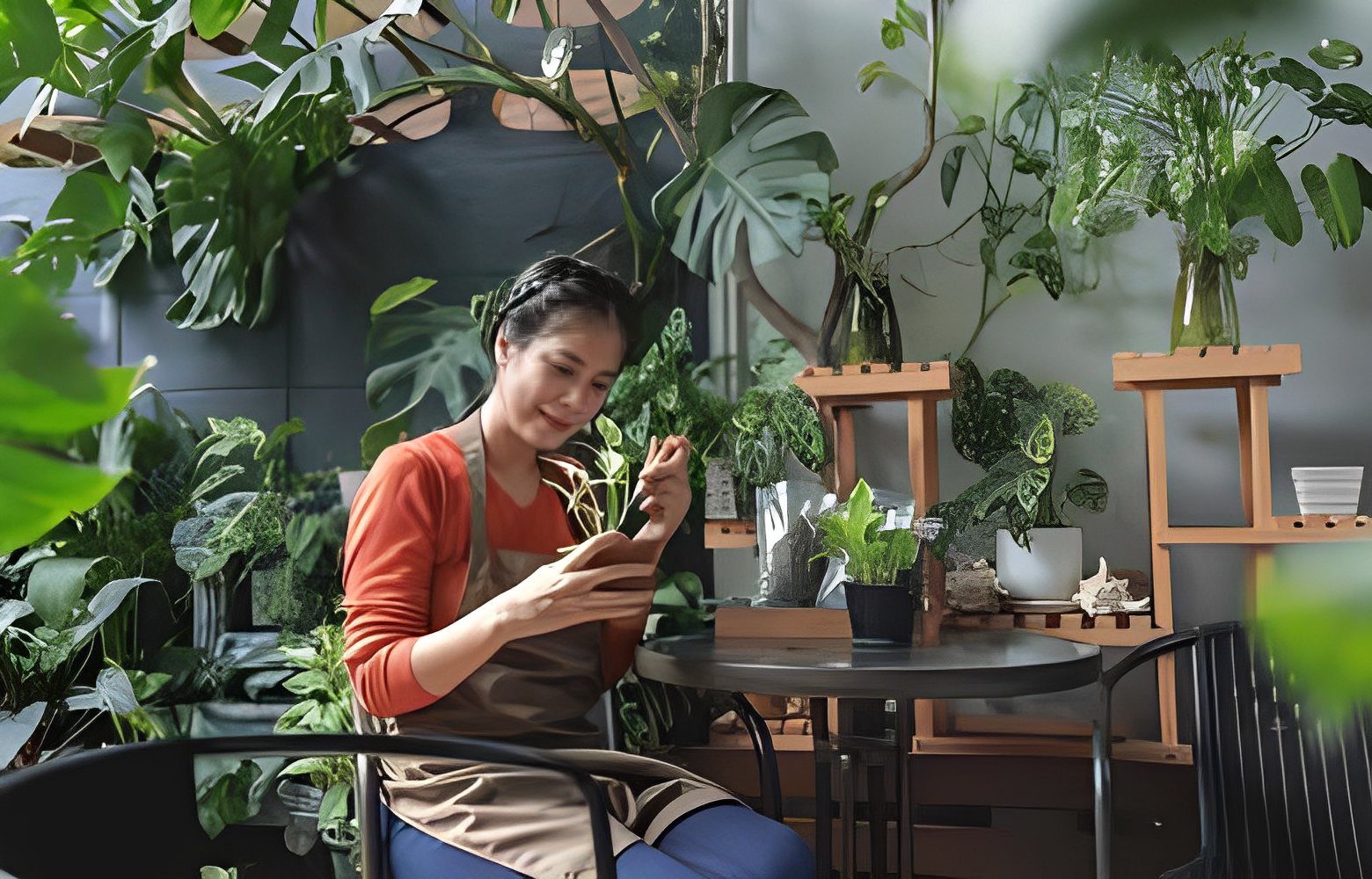If you’re looking for a way to incorporate sustainable living into your urban space, organic gardening is an excellent place to start. Not only does it promote a greener environment, but it’s also a fulfilling and cost-effective way to grow your own produce. In this section, we will explore the concept of organic gardening and how it can be applied in an urban setting. We will discuss the importance of sustainable living and how transforming your urban space into an organic oasis can contribute to a healthier lifestyle. Let’s get started on creating your own thriving organic garden!
Essential Organic Gardening Techniques for Urban Spaces
Organic gardening in an urban space can pose unique challenges, but with the right techniques, it can be a thriving oasis of fresh produce and beautiful plants. Here are some essential tips for successfully gardening in a limited area:
Choose the Right Plants

When space is limited, it’s important to choose plants that will thrive in your urban environment. Look for varieties that are well-suited to container gardening or those that will grow vertically. Herbs, tomatoes, peppers, and leafy greens are just a few great options for urban gardens.
Maximize Vertical Space
Make the most of your limited space by growing plants vertically. Trellises, stakes, and hanging planters can all be used to expand your garden upward. This not only saves space but can also add visual interest to your urban oasis.
Use High-Quality Soil
Healthy soil is essential for a bountiful organic garden. Use a high-quality organic soil mix, compost, and other soil amendments to provide the nutrients your plants need to thrive. Adding mulch to your containers or garden beds can also help to retain moisture and suppress weeds.
Implement Water Conservation Measures
Water conservation is important in any gardening context but especially crucial in an urban environment where resources may be limited. Collecting rainwater in barrels or implementing drip irrigation systems can help you conserve water and reduce your environmental impact.
By following these essential techniques, you can create a successful organic garden in your urban space. With a little effort, you’ll be rewarded with fresh produce, beautiful blooms, and a more sustainable lifestyle.
The Benefits of Caragana Pea Shrub in Organic Gardening
When it comes to organic gardening, the caragana pea shrub is a valuable asset to have in your garden. This versatile plant has many benefits that can contribute to the health and sustainability of your garden.
Nitrogen Fixation
One of the main benefits of the caragana pea shrub is its ability to fix nitrogen in the soil. This means that it can take nitrogen from the air and convert it into a form that can be used by other plants, making it an excellent companion plant for vegetables and other crops. This process not only saves you money on fertilizers, but it also helps to improve the overall health of your garden.
Erosion Control
The caragana pea shrub’s deep root system makes it an excellent plant for erosion control. Its roots help to stabilize soil on slopes and prevent erosion caused by wind and water. This not only helps to protect your garden from soil erosion, but it also helps to protect surrounding natural habitats from the negative impacts of erosion.
Biodiversity
The caragana pea shrub is also an excellent plant for promoting biodiversity in your garden. Its flowers attract pollinators such as bees and butterflies, while its foliage provides habitat for beneficial insects such as ladybugs and praying mantises. This can help to create a balanced ecosystem in your garden, which can ultimately lead to healthier plants and a more productive harvest.
Overall, the caragana pea shrub is a valuable addition to any organic garden. Its ability to fix nitrogen, control erosion, and promote biodiversity make it a key component in creating a sustainable and healthy garden environment.
Incorporating Green Living Practices in Your Organic Garden

If you are looking to create an organic garden that truly embodies sustainable living practices, then incorporating green living practices is a must. By making your garden as eco-friendly as possible, you can reduce your carbon footprint and help protect the environment.
Environmentally-Friendly Gardening Tools
One of the easiest ways to incorporate green living practices into your organic garden is to use gardening tools that are environmentally-friendly. For example, invest in quality hand tools made from sustainable materials such as bamboo or recycled plastic. Electric or battery-powered garden tools also offer a more eco-friendly alternative to gasoline-powered ones.
Composting
Composting is an effective way to transform kitchen scraps and yard waste into organic matter that can be used to enrich the soil in your garden. By adopting composting practices in your garden, you can reduce waste, save money on fertilizer, and promote healthy plant growth.
Water Conservation
Water conservation is another important aspect of green living that you should consider when creating an organic garden. Some simple steps you can take include using drip irrigation, collecting rainwater in a barrel, and planting drought-tolerant plants.
By incorporating these green living practices into your organic garden, you can create a truly sustainable and eco-friendly space that is both beautiful and functional.
Finding the Right Plant Nursery for Your Organic Gardening Needs
Choosing the right plant nursery is crucial for a successful organic garden. Not only do you want a nursery that offers a wide selection of organic and native plants, but you also want to ensure that they are of high quality.
One way to find a reputable nursery is to ask for referrals from fellow organic gardeners in your community. You can also research online and read reviews to get an idea of the quality of their plants and customer service.
When visiting a plant nursery, make sure to inspect the plants for any signs of damage or disease. Check the soil to ensure it is healthy and well-drained.
Consider supporting local nurseries as they are often more knowledgeable about the plants that grow best in your region. This can have a positive impact on the overall health and productivity of your organic garden.
By finding the right plant nursery, you can ensure that your organic garden has a strong foundation of healthy and thriving plants.





